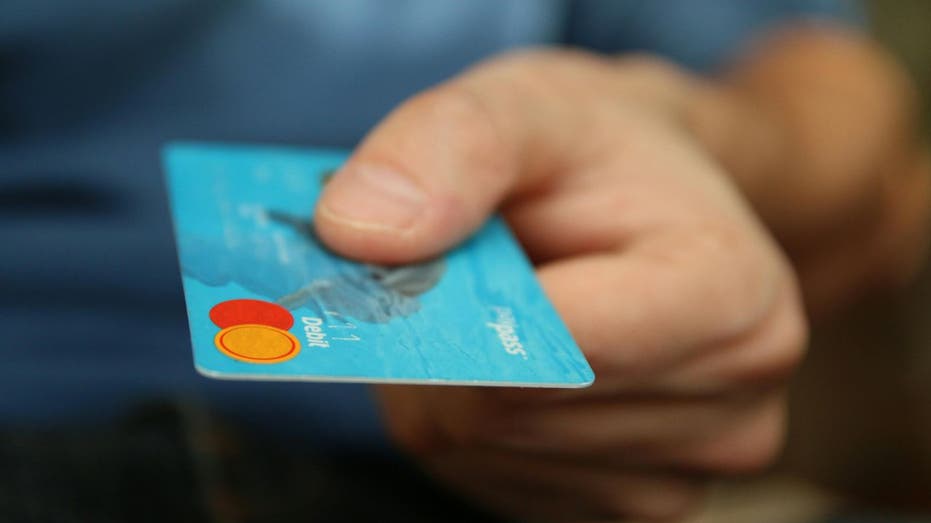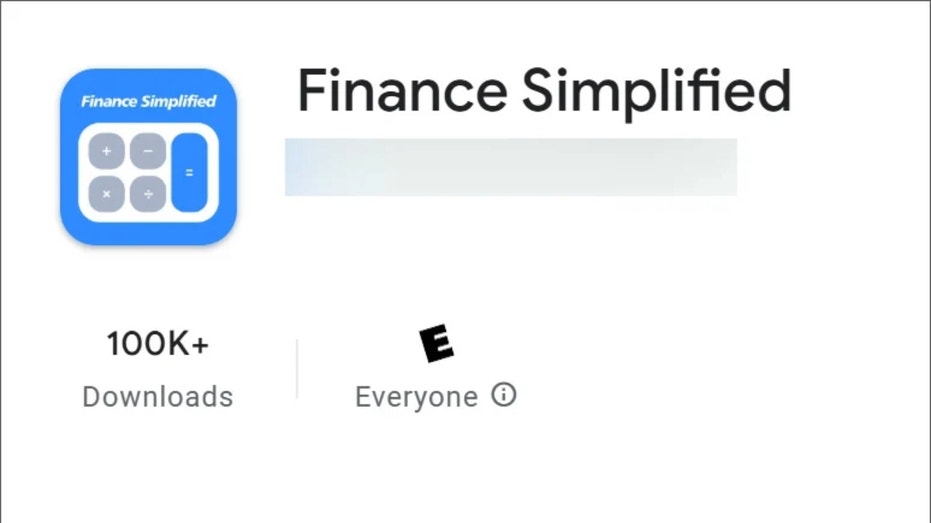- by foxnews
- 12 Mar 2025
6 sneaky gift card scams to watch out for this holiday season
Kurt "CyberGuy" Knutsson explores six sneaky holiday season gift card tricks, providing tips on how to outsmart scammers trying to rip you off.
- by foxnews
- 28 Nov 2024
- in technology

However, it's important to remember that these convenient gifts are also a favorite target for scammers. We're going to break down six sneaky gift card tricks that could leave you out of pocket during this time of year.
Don't worry, though. We've got your back with solid tips on how to outsmart these scammers and keep your hard-earned cash safe.
Check the packaging of the gift card before buying it. Look for signs of tampering, such as the wrapping being torn or resealed or stickers placed over the barcode or card number. Also, choose a card from the back of the rack, as scammers often place their fraudulent cards at the front of the display.
Another common gift card trick scammers use involves impersonating someone you know or trust, such as a family member, a romantic interest, a company or the government. Scammers will contact you by phone, text, email or social media and create a fake story or emergency that requires you to send them money urgently.
They will ask you to buy a gift card or multiple gift cards and then send them a photo of the card or the numbers on the back of the card. Once they have the gift card information, they will disappear with your money and cut off contact.
Never send money or gift cards to anyone you don't know personally or haven't met in person. If someone claims to be someone you know or trust, verify their identity by contacting them directly through a different channel.
Another gift card trick involves buying or selling gift cards on online platforms, such as websites, apps or social media groups. Scammers will offer to sell you gift cards at a discounted price or buy your unwanted gift cards for cash.
However, they will either send you a fake or empty gift card or take your gift card information and money without sending you anything in return. They may also use stolen credit cards or hacked accounts to buy or sell gift cards, which can put you at risk of fraud or identity theft.
Only buy or sell gift cards from reputable sources, such as official retailers, authorized resellers or trusted friends and family. Avoid buying or selling gift cards from strangers online, especially if they offer a deal that sounds too good to be true.
Don't share your gift card information or personal details with anyone you don't know or trust. And use a secure payment method that offers protection, such as a credit card or PayPal, instead of a gift card, wire transfer or cash.
They will claim that there is a problem with your account, your order, your device or your security and that you need to verify your identity, update your information or fix an issue. They will then ask you to click on a link, open an attachment or call a number and then request that you pay them with a gift card or provide them with your gift card information.
Never click on links, open attachments or call numbers from unsolicited messages, as they may lead to fake or malicious websites or software. Don't provide any personal or financial information, such as your passwords, PINs, account numbers or gift card numbers, to anyone who contacts you unexpectedly.
Don't trust messages that create a sense of urgency, pressure or fear, as they are designed to make you act without thinking. If you have any doubts about the legitimacy of a message, contact the company directly using a verified website, phone number or email address.
This gift card trick involves loyalty programs, which are rewards programs that offer you points, discounts or freebies for being a loyal customer. Scammers will pretend to be representatives of a loyalty program that you are a member of or that you are eligible to join.
They will tell you that you have won a prize, sweepstakes or a promotion and that you need to pay a fee, a tax or a shipping cost to claim it. They will then ask you to pay them with a gift card or provide them with your gift card information.
Be wary of any unsolicited offers or notifications that claim that you have won something, especially if you don't remember entering or signing up for anything. Don't pay any money or fees to receive a prize, as legitimate loyalty programs will never ask you to do that. Don't provide any personal or financial information, such as your passwords, account numbers or gift card numbers, to anyone who contacts you unexpectedly.
Don't trust messages that create a sense of excitement, curiosity or greed, as they are designed to make you act impulsively. If you have any doubts about the legitimacy of a message, contact the loyalty program directly using a verified website, phone number or email address.
In this scam, fraudsters set up fake websites or phone services that claim to check the balance of your gift cards. Victims are lured into providing their gift card numbers and PINs under the guise of verifying their balance. Once the information is entered, scammers can drain the funds from the card almost immediately.
To avoid this scam, always use official websites or apps from reputable retailers to check your gift card balance. Be wary of unsolicited calls or messages asking for your gift card information, especially if they claim to be from a legitimate company. It is important never to enter your gift card details on unfamiliar websites.
Below are some next steps if you find you or your loved one is a victim of identity theft as a result of a gift card trick by scammers or hackers.
2. Look through bank statements and checking account transactions to see where outlier activity started.
5. Get the professional advice of a lawyer before speaking to law enforcement, especially when you are dealing with criminal identity theft and if being a victim of criminal identity theft leaves you unable to secure employment or housing.
6. Alert all three major credit bureaus and possibly place a fraud alert on your credit report.
7. Run your own background check or request a copy of one if that is how you discovered your information has been used by a criminal.
If you are a victim of identity theft because of a gift card scam, the most important thing to do is to take immediate action to mitigate the damage and prevent further harm.
As we head into the holiday season, it's important to keep an eye out for these six gift card scams we've talked about. If something feels off or sounds too good to be true, trust your gut and don't be afraid to ask questions or walk away. Gift cards are meant to bring joy, not stress, so keep these tips in mind as you shop and share this season.
Follow Kurt on his social channels:
Answers to the most asked CyberGuy questions:
New from Kurt:
Copyright 2024 CyberGuy.com. All rights reserved.
- by foxnews
- descember 09, 2016
Daring airport trend has travelers arriving at gate 15 minutes before takeoff
Flight passengers are participating in the new viral trend, "airport theory," with flyers arriving at their gates 15 minutes before their flights depart. A travel expert weighs in.
read more





